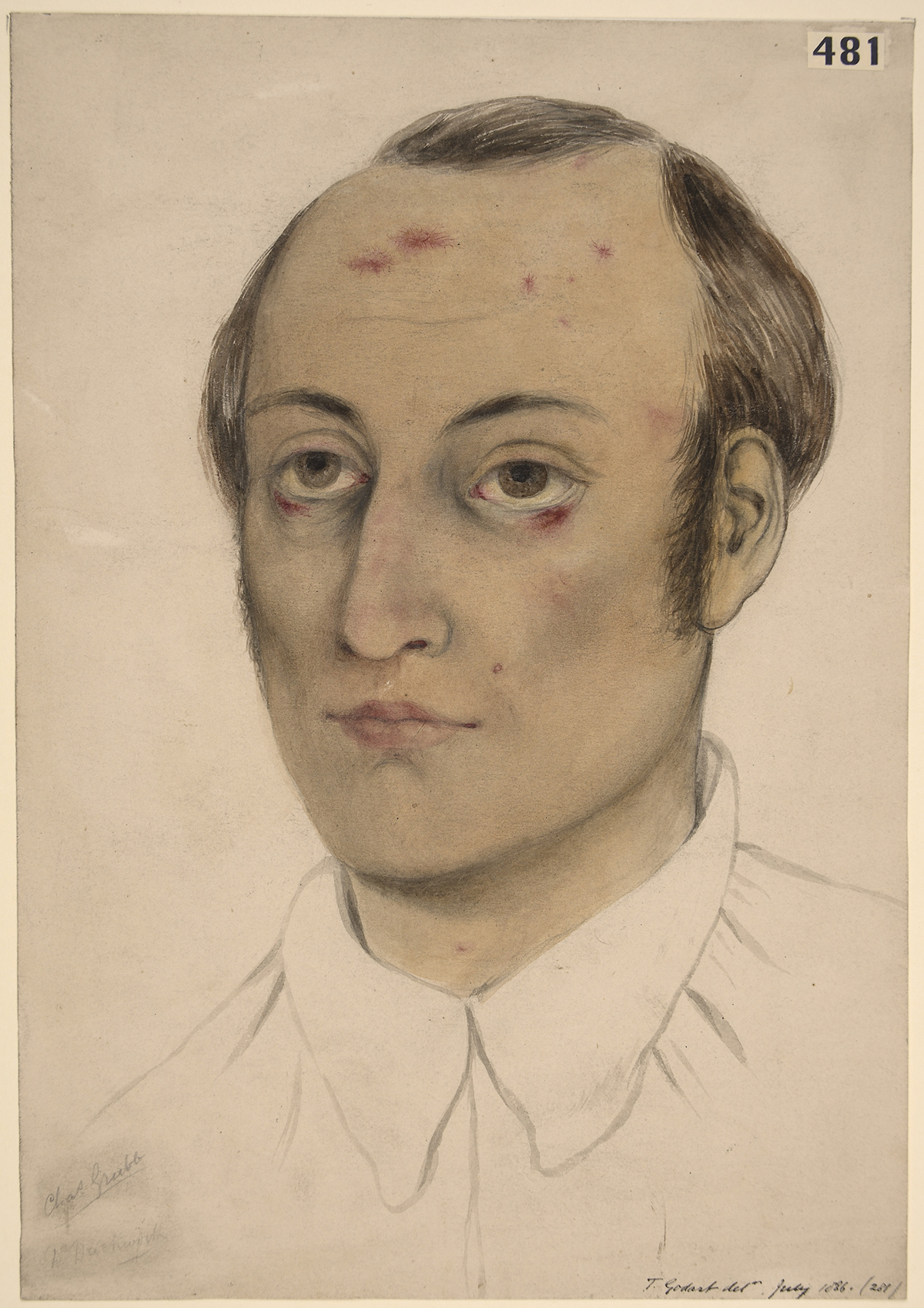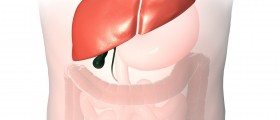
Cirrhosis is a condition caused by the chronic liver disease, characterized by substitution of healthy liver tissue by scar tissue, fibrosis and regenerative nodules.
The liver is one of the most important organs in one’s body, so any damage inflicted to it may have serious consequences on one’s overall health.
Causes
Hepatitis is one of the most common causes of cirrhosis. It is the inflammation of the liver (usually from a viral infection).Hepatitis B usually causes cirrhosis, but it has been noted that also Hepatitis C and Hepatitis D may cause this disease.Inherited diseases may often be the cause. These are usually the diseases that interfere with the metabolism of different substances by the liver. They include cystic fibrosis, galactosemia, Wilson’s disease, etc.Heart problems may, in certain cases, lead to the liver being inflamed, which , in turn, leads to cirrhosis. If the heart does not pump blood properly, it may cause liver damage.Some medication may cause cirrhosis.Chronic alcoholism may poison liver cells, causing them to inflame and die out. The death of liver cells leads to scar tissue being formed.Biliary cirrhosis is a disease in which the bile ducts become inflamed and damaged and, ultimately, disappear. Bile is a substance produced by the liver to help the body digest fats. It is usually carried to the gallbladder by bile ducts. If these ducts are blocked, the bile returns to the liver, damaging it severely.Prevention
The best way of avoiding this type of condition is to prevent the underlying conditions that may have caused it. For instances, one should know the risks of hepatitis B and C and avoid them. Next, one should try and eating healthy, avoid drinking, tobacco, regularly exercise, etc.
One should consult a doctor before taking vitamin supplements, because they may worsen the condition.
Symptoms
Many people do not experience any evident symptoms at the beginning of the disease. Usually, the symptoms are caused by either a ongoing failure of the liver to perform its natural function, or deformation of the liver’s shape and size induced by scarring.
The most common causes are: weakness, nausea accompanied by vomiting, exhaustion, loss of appetite, etc.
Most people do not even know that they have liver problems until some of the complications start to appear, those being: hemorrhoids, swelling in legs and ankles, acute renal failure, jaundice, abdominal pain, itching, weight gain, delirium, blood occurring in vomit and fecal matter, bruising, diarrhea, etc.
If the condition worsens significantly, liver cancer may appear, or it may cause other, serious problems with other organs as well.
It is important that, as soon as one feels any of these symptoms, one consults a doctor who will conduct the necessary tests and proceed with an according course of treatment.

















Your thoughts on this
Loading...